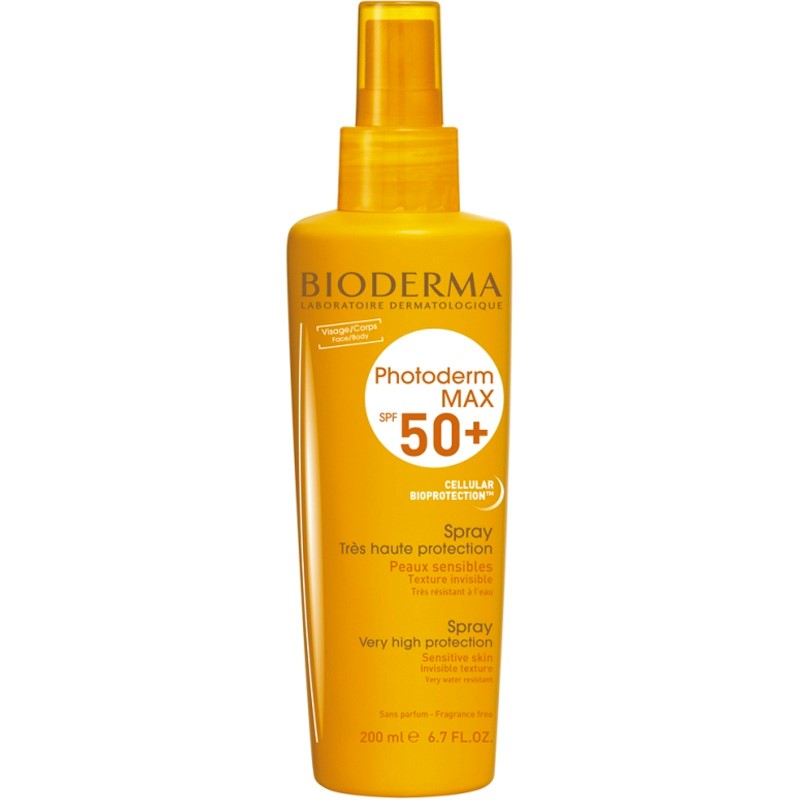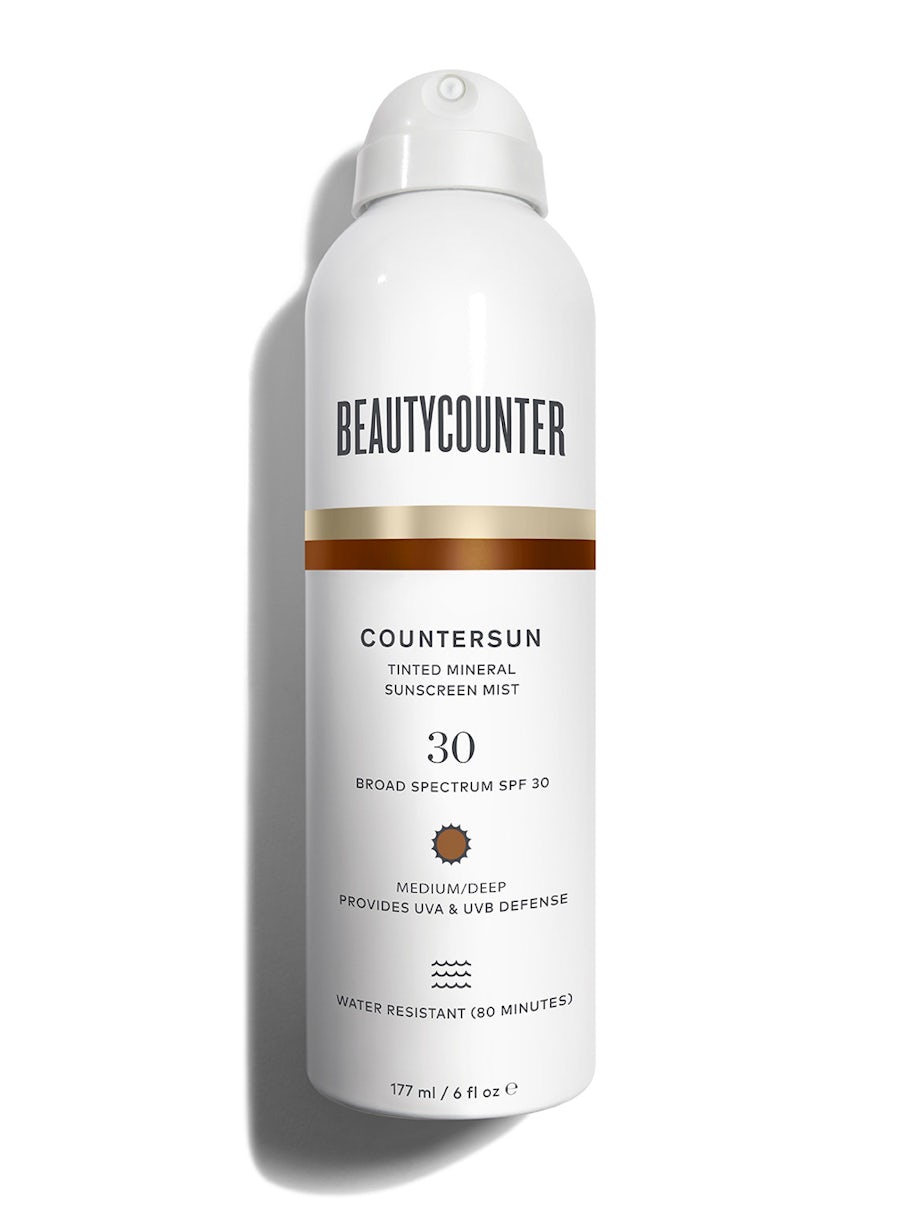The sun rains millions of photons per second. The sun’s energy and light create kaleidoscopic rays containing ultra-violet radiation that causes sunburns, premature skin aging, and skin cancer. Therefore, you need to use regular sunscreen protection.
Choosing a sunscreen is not as easy anymore. Different sunscreens are used for various purposes. It depends on your skin type, weather, and your profession. If you care about sun protection, you are in the right place. We are going to show you how to choose a sunscreen that suits you best.
Pay attention to your skin type
Different skin types require different sunscreens. For instance, if you have acne, you will need a sunscreen that reads “non-comedogenic,” which does not block the pores. Look for a sunscreen that contains hydrating ingredients for dry skin. Luckily, we have Bioderma Photoderm Spray SPF 40 works for all skin types.
Consider the Sun Protection Factor (SPF)
The SPF measure shows how much UV the sunscreen can filter out. A good one should have an SPF of 30 or higher, which blocker approximately 97 percent of UVB rays. Apply it successfully throughout the day for it to function. Try out Beautycounter Countersun Mineral Sunscreen Mist.
Choose your best kind for an outdoor event
When you’re always outside, you need to look for a sunscreen to give your SPF routine a touch of glamor. Apply Coppertone Glow Sunscreen Lotion With Shimmer generously to the exposed areas like legs and hands.
Ensure your suncream says broad-spectrum protection
A sunscreen reading broad spectrum indicates that it is a reliable source and is accredited by the authority. It ensures it has excellent protection against UVA radiation like Murad City Skin Age Defense SPF 50.
Choose a waterproof sunscreen
Are you drawn to athletics? Vichy Ideal Soleil Dry Touch Body SPF 30 is the dream buddy for outdoor activities. It is immune to water for you to exercise out safely.
Beware that sunscreens contain both active ingredients and emulsions. The active ingredients can be physical blockers or chemical blockers. The physical blockers reflect the UV rays and scatter it away from the skin. The chemical blockers absorb the UV radiation, converts it into heat, and dissipate it through the skin.



